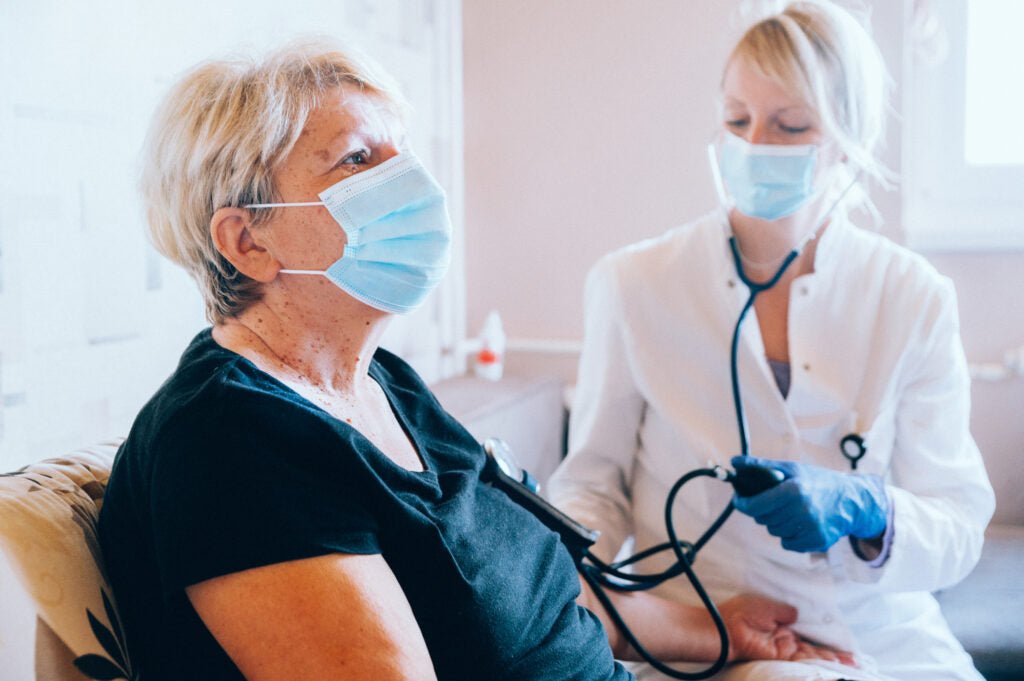Apparently this stuff works - Mike M.
You can feel the difference - Kevin K.
My BP was 157/101... now it is 129/87 - Latasha G.
Seems to work... lowered my numbers by 7% - Scott L.
It is a life saver - Golda C.
I feel better, I have more energy - Alex Y.
My BP went down 10 points in 2 weeks - Lucy W.
I have only been drinking it for 2 weeks and my BP numbers have gone down - Elizabeth S.
Apparently this stuff works - Mike M.
You can feel the difference - Kevin K.
My BP was 157/101... now it is 129/87 - Latasha G.
Seems to work... lowered my numbers by 7% - Scott L.
It is a life saver - Golda C.
I feel better, I have more energy - Alex Y.
My BP went down 10 points in 2 weeks - Lucy W.
I have only been drinking it for 2 weeks and my BP numbers have gone down - Elizabeth S.
Add description, images, menus and links to your mega menu
A column with no settings can be used as a spacer
Link to your collections, sales and even external links
Add up to five columns
Add description, images, menus and links to your mega menu
A column with no settings can be used as a spacer
Link to your collections, sales and even external links
Add up to five columns
Why Are Strokes on the Rise, and How Can You Protect Yourself?
October 09, 2024 2 min read

Introduction
Strokes are increasingly affecting younger people, with a noticeable rise in the number of cases among adults under 55. According to recent studies, younger adults are now more vulnerable to stroke than ever, largely due to lifestyle factors and rising rates of hypertension.
What’s Behind the Rise in Stroke Incidence?
High blood pressure, also known as hypertension, remains the leading risk factor for stroke worldwide. It’s a silent but powerful driver of stroke risk, responsible for over half of all cases. A recent report in The Lancet Neurology shows that the number of people under 55 who experience strokes has been steadily increasing, due in part to factors like rising obesity rates, higher stress levels, and decreased physical activity.
Understanding the Role of Hypertension in Strokes
Hypertension directly strains your cardiovascular system by placing excessive force on blood vessels. Over time, this pressure can damage your arteries, increasing the likelihood of blockages that can lead to a stroke. Even those with only slightly elevated blood pressure levels are at increased risk, making regular blood pressure monitoring critical for everyone, not just older adults.
Why Is Stroke Prevention So Important?
Though many people associate strokes with older adults, younger people aren’t exempt. The good news is that hypertension is highly manageable. By maintaining a healthy lifestyle, including reducing salt intake, staying active, and monitoring blood pressure, you can significantly lower your risk of stroke.
Steps You Can Take to Lower Your Stroke Risk
- Monitor Your Blood Pressure Regularly: Knowledge is power. Regular monitoring helps catch elevated blood pressure before it leads to more serious issues.
- Eat a Balanced Diet: Reduce sodium, saturated fats, and processed foods in favor of fruits, vegetables, and whole grains.
- Exercise Regularly: Even moderate exercise can have a profound effect on blood pressure and overall heart health.
- Avoid Smoking and Limit Alcohol: Both smoking and excessive alcohol intake contribute to high blood pressure and stroke risk.
- Stay Informed: Know the signs of a stroke (think FAST—Face drooping, Arm weakness, Speech difficulty, and Time to call 911).
Final Thoughts
As more people in their 30s and 40s experience strokes, it’s clear that everyone needs to pay attention to their cardiovascular health, regardless of age. By taking steps to control hypertension, you can not only reduce your stroke risk but also improve your overall quality of life.
Leave a comment
Comments will be approved before showing up.
Subscribe
Sign up to get the latest on sales, new releases and more …

